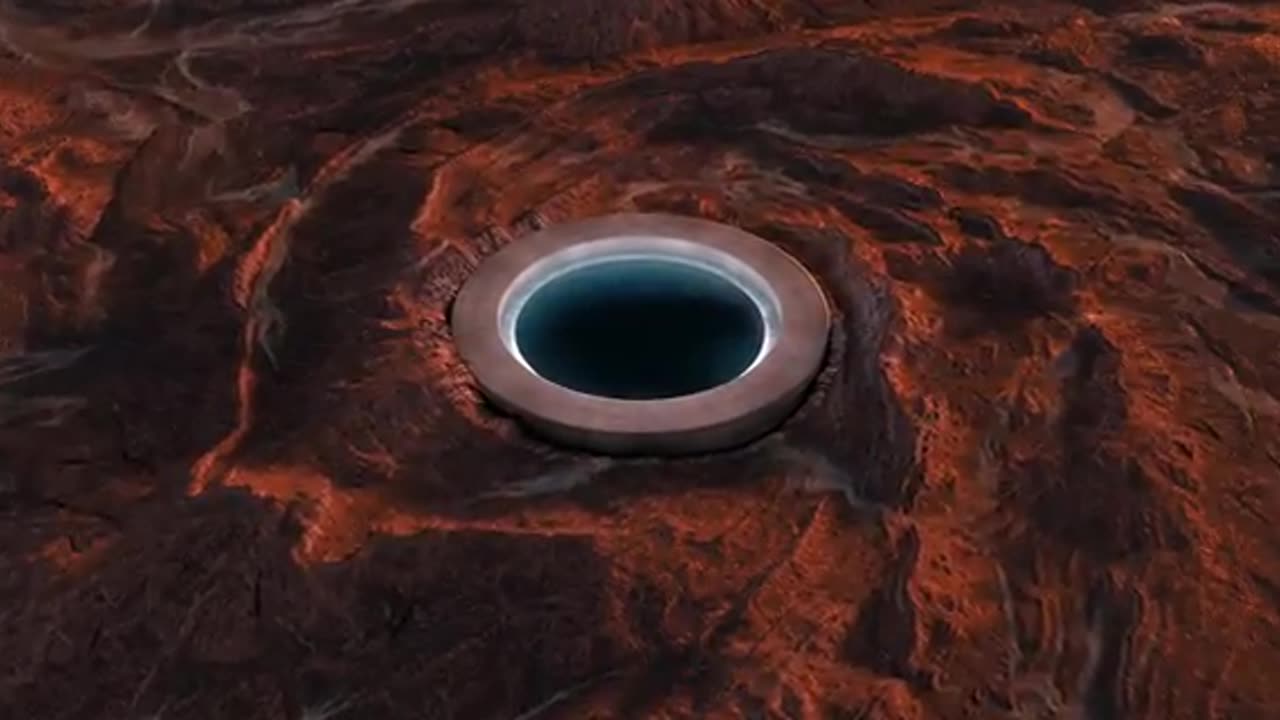Premium Only Content

Could Humans Survive the Dinosaur-Killing Asteroid Featuring
Humans surviving an asteroid impact similar to the one that wiped out the dinosaurs 66 million years ago (the Chicxulub asteroid) would depend on several factors, including the size of the asteroid, where it hit, and our level of preparedness.
Here’s how humans might fare:
---
### **The Challenges of Survival**
1. **Initial Impact and Blast**
- The Chicxulub asteroid was about 6 miles (10 km) wide and struck Earth with the force of **10 billion Hiroshima bombs**.
- Near the impact site, the heat, shockwaves, and blast effects would obliterate everything. Cities within a few hundred miles would be vaporized.
2. **Firestorms and Global Wildfires**
- Debris ejected into the atmosphere would fall back to Earth, heating the air and potentially igniting wildfires worldwide.
- This would destroy vast ecosystems and create a major challenge for survival in forested or grassland areas.
3. **Global Cooling ("Impact Winter")**
- Dust and aerosols would block sunlight for months or years, dropping global temperatures drastically.
- Crops would fail, leading to mass starvation.
4. **Acid Rain and Toxic Atmosphere**
- Vaporized rock from the impact could lead to acid rain, damaging aquatic ecosystems and agriculture.
5. **Long-Term Environmental Effects**
- A mass extinction of plants and animals would disrupt ecosystems, making long-term survival challenging for humans dependent on agriculture and biodiversity.
---
### **Human Advantages Over Dinosaurs**
1. **Technology and Infrastructure**
- Humans have tools and shelters to mitigate immediate dangers like firestorms and cold temperatures.
- Underground bunkers and resilient structures could protect against the initial blast and aftermath.
2. **Global Communication**
- Early warning systems (like NASA’s Near-Earth Object program) could allow for evacuation and preparation.
- Collaboration between countries might result in coordinated survival strategies.
3. **Food Storage and Alternatives**
- Stockpiles of food and the ability to grow crops in controlled environments (like greenhouses or underground farms) could sustain populations.
4. **Mobility**
- Humans could migrate to safer areas, avoiding the most severely impacted regions.
---
### **Modern Preparations**
Today, efforts like NASA’s **DART mission** (to deflect asteroids) show that we’re actively developing ways to prevent such an event. If we detected a Chicxulub-scale asteroid far enough in advance, we might even be able to nudge it off course.
---
### **Could Humans Survive?**
- **Yes, some humans could survive** under the right conditions, particularly with advanced preparation, technology, and coordinated global efforts.
- However, the aftermath would still result in catastrophic loss of life, massive societal upheaval, and possibly centuries of recovery.
-
 LIVE
LIVE
Lofi Girl
2 years agoSynthwave Radio 🌌 - beats to chill/game to
175 watching -
 3:07:24
3:07:24
FreshandFit
8 hours agoPrivileged Nigerian Thinks Women Created Everything: HEATED DEBATE
134K68 -
 5:57:27
5:57:27
SpartakusLIVE
9 hours agoNEW Update - BROKEN Attachment || Viewers REJOICE at the long-awaited Return of Their KING
72.2K -
 2:06:31
2:06:31
TimcastIRL
8 hours agoTrump To Deploy National Guard To Portland, Antifa Has Been WIPED OUT | Timcast IRL
182K146 -
 2:30:00
2:30:00
Laura Loomer
9 hours agoEP142: Loomer Prompts Calls For FBI To Investigate Palestinian Youth Movement
46K19 -
 1:26:34
1:26:34
Man in America
12 hours agoExposing the Cover-Up That Could Collapse Big Medicine: Parasites
52.8K23 -
 4:53:00
4:53:00
CHiLi XDD
8 hours agoTekken Fight Night
28.2K1 -
 9:25:57
9:25:57
ItsLancOfficial
13 hours agoFREAKY FRIDAY-GETTING FRIED-WELP! #TOTS
28.5K3 -
 1:09:11
1:09:11
Sarah Westall
8 hours agoRead the Signs: Are We Already Operating in a New Financial System? w/ Andy Schectman
40.7K8 -
 1:32:53
1:32:53
Flyover Conservatives
12 hours agoRicky Schroder Exposes How Hollywood Planted Him as a Child Star | FOC Show
53.2K12